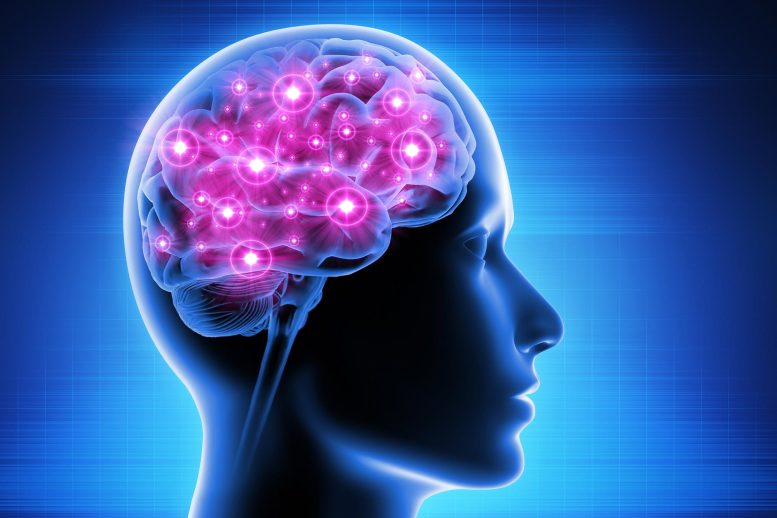
Autism spectrum disorder is a developmental disability that impacts how people interact with others.
Autistic individuals’ stem cells either create too many or too few brain cells.
Researchers from Rutgers University have discovered evidence of anomalies in very early brain development that may contribute to the neuropsychiatric condition by studying the brain stem cells of people with autism spectrum disorder (ASD).
The results confirm a theory that has long been held by scientists: ASD develops early in fetal development, at a time when brain stem cells are dividing to create the critical elements of a functional brain.
Researchers from Rutgers University studied the brain stem cells, also referred to as neural precursor cells (NPCs) of ASD patients, and published their findings in the journal Stem Cell Reports. They discovered the number of permanent brain cells was either over- or underproduced by the NPCs, which are in charge of making the three major types of brain cells: neurons, oligodendrocytes, and astrocytes.
“The NPCs we studied from all samples showed abnormal proliferation, either ‘too little’ or ‘too much,’ which suggests that poor control of proliferation of brain cells is an important basis for ASD causation,” said Emanuel DiCicco-Bloom, a professor of neuroscience and cell biology, and pediatrics at Rutgers Robert Wood Johnson Medical School and author of the paper. “This study demonstrates at the cellular level that altered proliferation is indeed one likely mechanism of the disorder, supporting implications obtained from previous research.”
The study focused on the stem cell activity of five individuals with ASD, including those with idiopathic autism where there is no known genetic cause, and others with genetically defined 16p11.2 deletion. Those with macrocephaly, a medical term for an abnormally large head, had NPCs that produced too many brain cells. The remaining two patients, who did not have macrocephaly, had NPCs that produced too few brain cells.
ASD is a neurodevelopmental disorder characterized by difficulties with social interactions and communication and the presence of repetitive and restricted behaviors. Most ASD cases are idiopathic. About 15 percent to 20 percent of ASD cases are caused by specific genetic mutations.
NPCs are formed prenatally during a period that stretches from the end of the first trimester through the second, about weeks eight to 24 of the 40-week gestation period of a human fetus.
“We’ve actually measured proliferation of human neural precursors and greatly advanced our understanding,” DiCicco-Bloom said. “In the future, once we have reproduced these studies and extended them, we also may be able to use this knowledge as a biomarker, which could signal when to introduce therapy, or to identify signaling pathways to target with drugs.”
Reference: “Autism NPCs from both idiopathic and CNV 16p11.2 deletion patients exhibit dysregulation of proliferation and mitogenic responses” by Robert Connacher, Madeline Williams, Smrithi Prem, Percy L. Yeung, Paul Matteson, Monal Mehta, Anna Markov, Cynthia Peng, Xiaofeng Zhou, Courtney R. McDermott, Zhiping P. Pang, Judy Flax, Linda Brzustowicz, Che-Wei Lu, James H. Millonig and Emanuel DiCicco-Bloom, 26 May 2022, Stem Cell Reports.
DOI: 10.1016/j.stemcr.2022.04.019
The study was funded by the New Jersey Governor’s Council for Medical Research and Treatment of Autism, the Nancy Lurie Marks Family Foundation for E.D.-B. and J.H.M., the NJ Health Foundation, the Mindworks Charitable Lead Trust and Jewish Community Foundation of Greater MetroWest, the New Jersey Governor’s Council for Medical Research and Treatment of Autism and the Robert Wood Johnson Foundation.

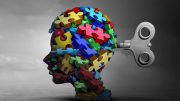
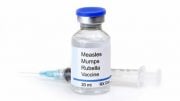
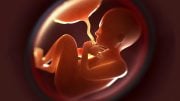

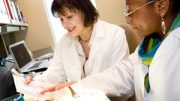
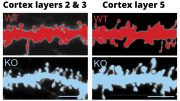
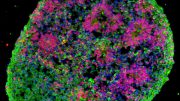
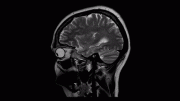
Be the first to comment on "Scientists Discover That Irregular Production of Brain Cells Could Cause Autism"